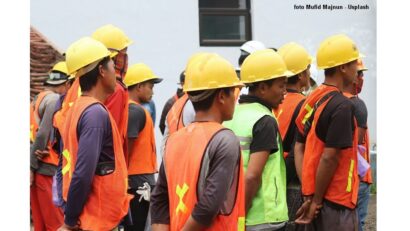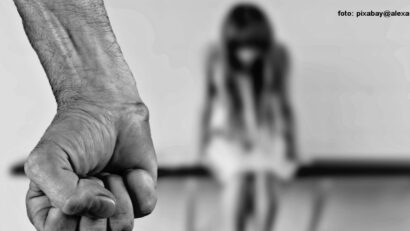Teachers and the values of democracy
Number of teachers with a low attachment to democratic values is worrying

Christine Leșcu, 21.11.2018, 13:24
‘The percentage of teachers who have a low attachment to having a democratic regime in the country is worrying. Social tolerance among teachers is low, even lower as regards certain categories of people than in the rest of society. These are just two of the conclusions of a recent sociological survey on the democratic values fostered by Romanian teaching staff. These disquieting findings have caused heated debates in the public space, and many voices rushed into putting more blame on an already highly-criticized education system.
According to the authors of the study, a group of reputed sociologists and psychologists working under the aegis of the Friedrich Stiftung Romania Foundation, have admitted that ‘schooling is important for acquiring a political culture adequate for democracy. Therefore, the values embraced by teachers are very important, especially at a time when part of Europe seems attracted to authoritarian trends that question the very concept of democracy. Here is next Gabriel Bădescu, the chair of the political sciences department of the Babes Bolyai University in Cluj, with details about what the study authors have discovered:
Gabriel Bădescu: “We set out to find out to what extent teachers believe society should be governed according to democratic rules. All in all, around 90% said they like democratic systems, which may sound as a relief. But the problem is that when we moved on to more detailed questions, a rather high percentage of the teaching staff, that is around 40%, said that even in a democracy there should be a strong leader who should not bother with free elections and parliament.
Moreover, 14% of the teaching staff believe that Romania exiting the EU would be a good thing. A similar proportion would approve of a military regime, and 11% would favor a system governed by religious law (which means no political parties and no electoral mechanisms). Despite what this study reveals, namely that the values of teachers are less democratic than expected, sociologist Claudiu Tufis believes the data should be read in the broader context of the current trends within society. From this perspective, teachers emerge in a more favourable light than society as a whole.
Claudiu Tufis: “The data in the report were only analysed in relation to data regarding teaching staff in the undergraduate education system. The findings have not been contrasted to figures regarding the society as a whole or higher education graduates. I have read similar data gathered in early 2018 in Romania as part of international research. And weve reached the following conclusion: although they are relatively intolerant and less democratic than most higher education graduates, teachers in Romania are actually more open and more democratic than the general population. The problem is not that teachers are undemocratic, but that the entire population is. It seems that since the fall of communism 30 years ago, weve failed to internalise the values associated to democracy.
But the problem should be viewed in an even wider context, says Claudiu Tufiș:
Claudiu Tufis: “The problem in Romania is that the overall decreasing support for democracy is compounded by the fact that people are not well aware of what democracy means and what its values are. In contrast, in other countries, where democratic tradition spans over 50 years, the democratic system runs properly, even though peoples confidence in democracy is decreasing.
As far as social tolerance goes, Romanians are not far from the European trend. The groups that teachers rejected most frequently are drug addicts (58.7%) and alcohol addicts (53.6%). The third most unwanted group is the ethnic Rroma (42.5%), followed by other categories, such as homosexuals (38.3%), people with a different native language (33.7%) and unmarried couples (33.1%). As regards Rroma pupils, some Romanian teachers go too far, according to the survey titled “Education for democracy in Romanian schools.
Gabriel Bădescu: “One of the questions concerned teachers opinion on the education of Rroma children. Is it appropriate to educate them together with the others, or would it be preferable to have them study in separate classes? The answers to this triggered many debates, as well as concern, because one in eight respondents said Rroma children should go to school in separate, segregated classes. This is a problem. Education science experts have long reached consensus that pupils should learn together, irrespective of their ethnic membership, gender, differences or physical disabilities. Schools should be inclusive.
But perhaps the most worrying issue is the outlook of young teachers, under 35 years. As many as 54.5% of them say it would be good for Romania to have a strong leader and 17.9% say it would be a positive thing for Romania to no longer be an EU member state. Sociologist Claudiu Tufiș concludes:
Claudiu Tufiș: “These are people younger than 35, who were 5-6 years old when the communist regime collapsed and who do not remember anything about life in communism. They grew up during the difficult post-communist transition. They lived unpleasant economic experiences, they were affected by inequality, but they have no first-hand experience whatsoever of what the lack of political liberties and violation of fundamental rights actually is. This, together with a sense of disappointment with how democracy is functioning in Romania today, might be an explanation for their views.
(translated by: Lacramioara Simion, Diana Vijeu)






























